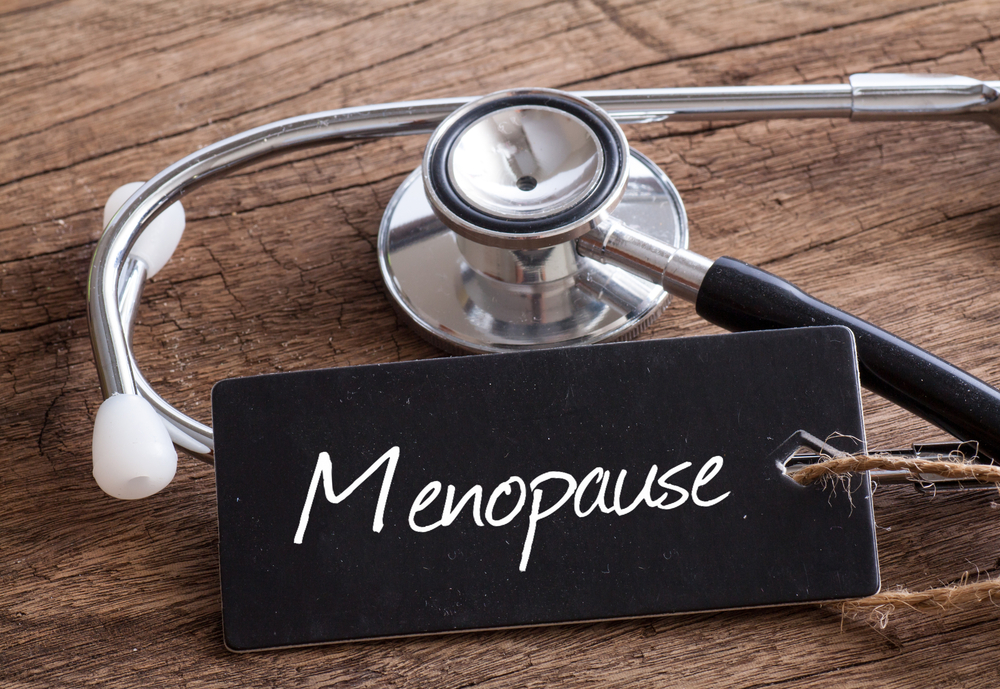With menopause comes many questions, such as: Why do I feel this way? How long will this last? How can I get some relief?
Happily, there is a specialist you can turn to for the answers to all of your questions! Keep reading to learn why you need a menopause specialist in Chevy Chase, Maryland.
What Is Menopause?
A 12-month period of no menstruation is required to officially diagnose menopause. Most women go through menopause between the ages of 45 and 55.
The period of time during which the changes that lead to a loss of menstruation and thus fertility may last for up to 10 years and is known as perimenopause. Hormonal changes through perimenopause and menopause may lead to symptoms that affect your quality of life.
Symptoms may include bone loss, hot flashes, mood swings, joint pain, vaginal dryness, incontinence / other bladder changes, night sweats, low libido, depression, anxiety, and sleeping issues such as insomnia. During perimenopause, you may also skip periods, bleed heavier or lighter than normal, and / or have periods that are longer than normal. Everyone experiences different symptoms and to varying degrees.
Do I Need a Menopause Specialist?
In general, if you are experiencing the symptoms of perimenopause or menopause, it is a good idea to consult with a specialist, especially if they seem severe and / or disruptive to your life. An initial consultation with a menopause specialist can help you gauge whether you need the help of an expert to manage your symptoms and improve your quality of life.
What Does a Menopause Specialist in Chevy Chase, Maryland Do?
A menopause specialist can prescribe you medications or offer more significant intervention if / when necessary to help you feel more comfortable during this transitional phase of your life.
Specialists often do not need to test for menopause because the end of menstruation is enough indication. However, if you experience irregular periods or other unusual symptoms during perimenopause, your specialist may order tests including blood work to check hormone levels.
A common first step that menopause specialists recommend is that you integrate healthy practices into your daily life. Doing so may help alleviate some symptoms and reduce your risk of long-term concerns including heart disease.
Your doctor will likely advise you to consume whole foods low in saturated fats, quit smoking, exercise regularly, take supplements including calcium and vitamin D, reduce your intake of caffeine and alcohol, and minimize stress.
In addition to guiding you through making those changes, your specialist may suggest hormone replacement therapy or some other prescription medication to help with menopause which may include:
- Hormone replacement therapy: Providing you with a small amount of specific hormones you need can help to relieve some symptoms. This option may not work for everyone. So, always talk to your specialist.
- Vaginal estrogen: Applied directly to your vagina, estrogen may help alleviate vaginal dryness and certain other symptoms. This treatment exists in several formats, including a ring, tablet, or cream.
- Gabapentin: Typically a medication to treat seizures, this medication may be a good treatment alternative for those who can not receive estrogen therapy.
- Antidepressants: A small amount of selective serotonin reuptake inhibitors (SSRIs) can reduce hot flashes in some women. This is also a good option for people who can not take estrogen.
Take Action With the Best Menopause Specialist in Chevy Chase, Maryland
When you need a women’s hormone specialist for menopause support, you need Atlantis Medical Wellness & Weight Loss!
Our specialists including Dr. Ben González are experts in taking care of people as they transition through to the next life phase. Please give us a call at 301-658-7686 as soon as possible to make an appointment!

